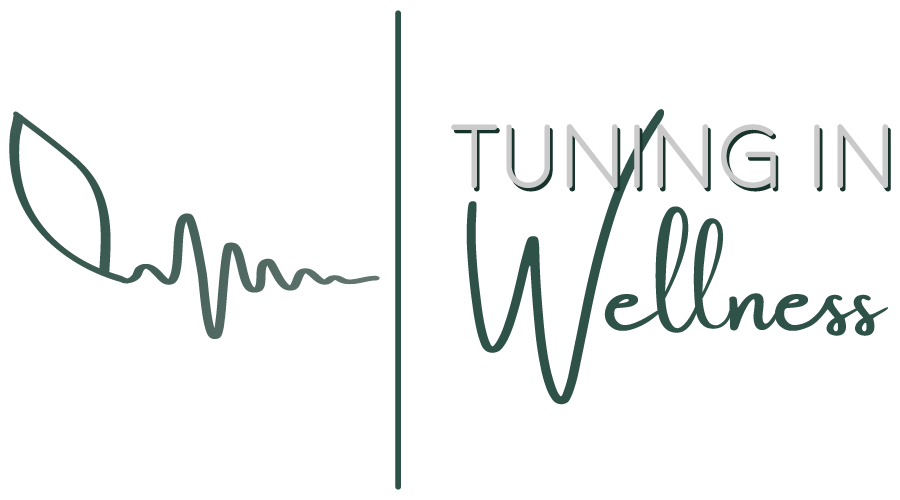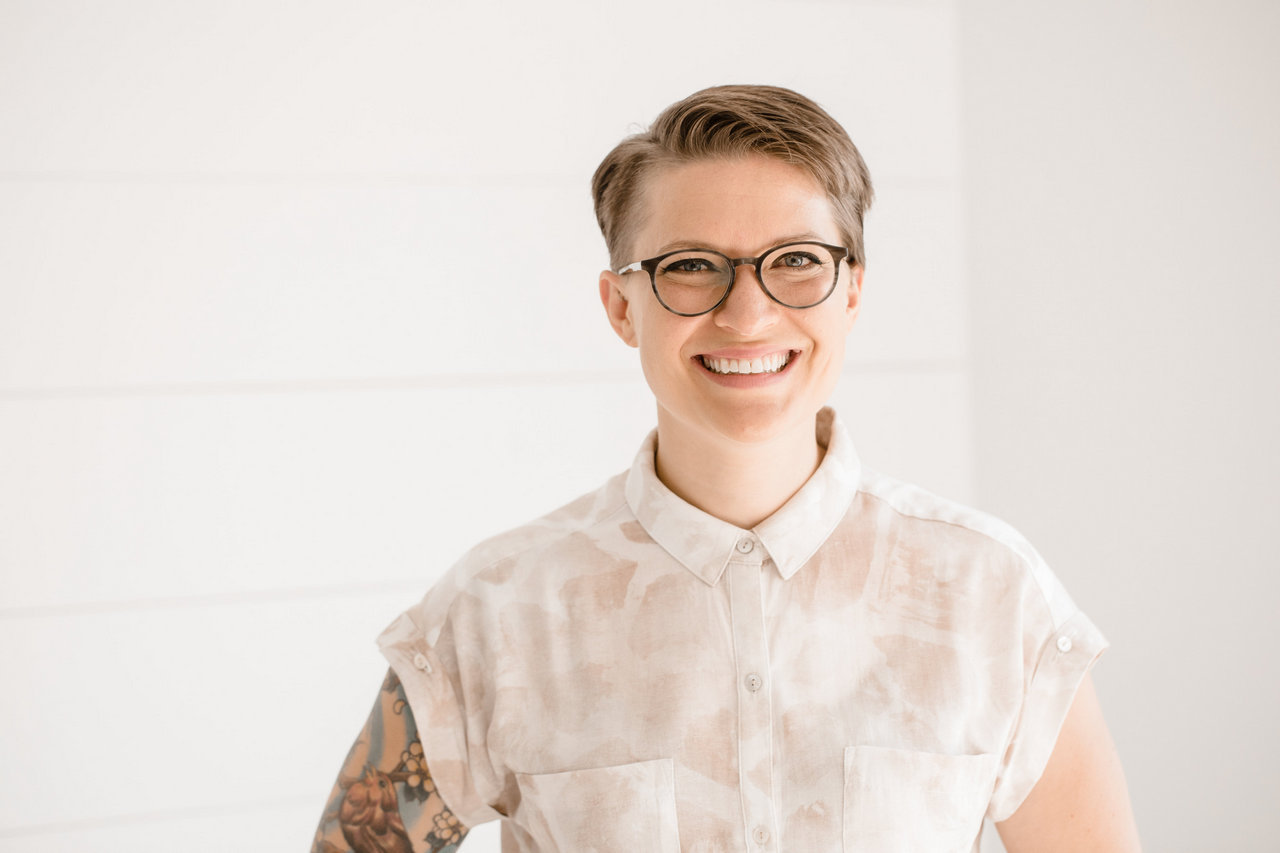“Anxiety is a Liar” … is it?

“Anxiety is a liar.” …is it?
I haven’t seen this come across Pinterest boards as often as I once did. But I think the impact of this idea that anxiety lies to us continues to show itself in our culture’s public conversation about anxiety. I would guess that the growing emphasis on the nervous system and Internal Family Systems in psychotherapy and then in public psychology has done a lot to move us in a different direction when thinking about the role anxiety plays for us.
I have always had this ‘blechk reaction in my gut when I hear or see it. I think it’s because it’s one of those things that almost feels right but in the way it feels wrong, it feels REALLY wrong.
I can see that the goal of this trope is to question the conclusions we come to when we’re anxious. Still, I can’t get on board with it because it is name calling and saying that our anxiety is actually rooting against us or at the very least deceiving us.
I have absolutely labeled my shame the “shame monster” and found it really helpful in moments. In these moments, I ‘other’ a part of me that is overwhelming other parts of me who are just trying to get through a moment. When we do this, when we ‘other’ parts of ourselves, we might get through a moment, but that moment will keep coming back up. And then to take it a step further, if we ‘other’ a part of ourselves AND call it names AND gaslight it by saying it actually has a different agenda than it thinks it does, it sure as hell is going to keep coming back up as an unresolved and quite wounded part of us.
Anxiety is solely concerned with our safety. It alerts us to things being unsafe. When we paint anxiety as deceptive, we are held back from using anxiety as the tool it is meant to be. We are positioned on the other side of the line. Anxiety is our foe, not our ally. When we decide to sit next to anxiety and say ‘hello,’ it helps us notice, question, and attend to what feels unsafe, dangerous, or cause for concern.
Do we need to always go with whatever thoughts or conclusions we draw when anxious? No way! We always have room to question our conclusions. We especially benefit from questioning our conclusions while holding our anxiety with care.
It’s a different thing entirely to value anxiety as a warning sign of something not being right than to say that anxiety is set out to deceive us, to goad us down the wrong path.
I like the old advice of saying, “oh hey there old friend” when anxiety starts to take up room. This does not mean when anxiety says, ‘jump’ we respond with ‘how high?’ It just means that when we notice anxiety walk in, we say “hey, A, what’s up? What’s going on?”


